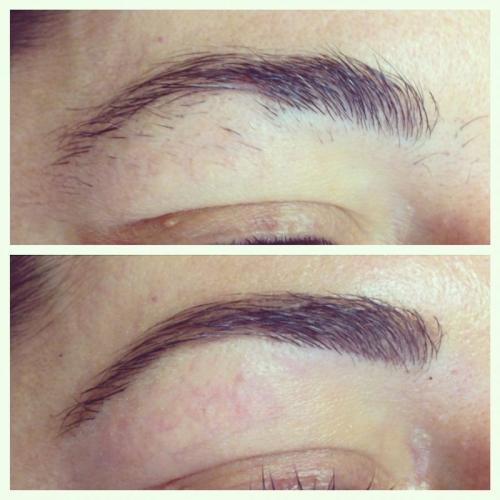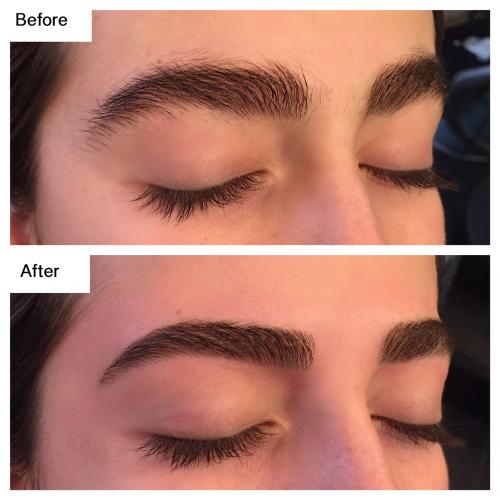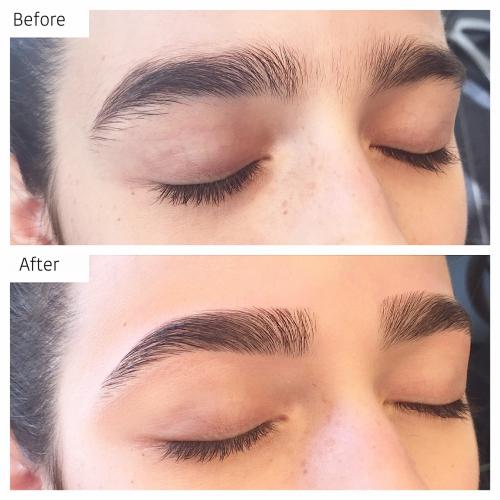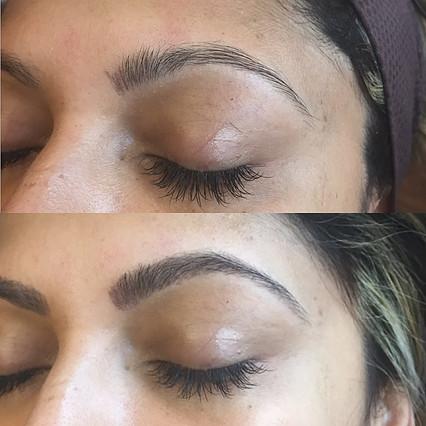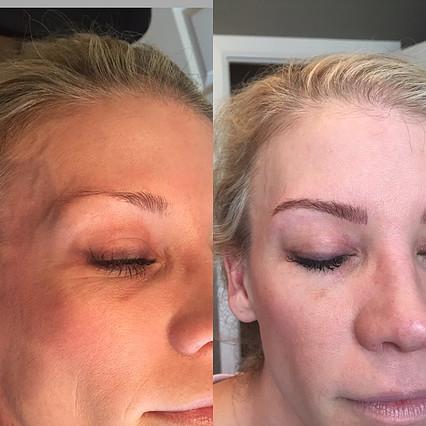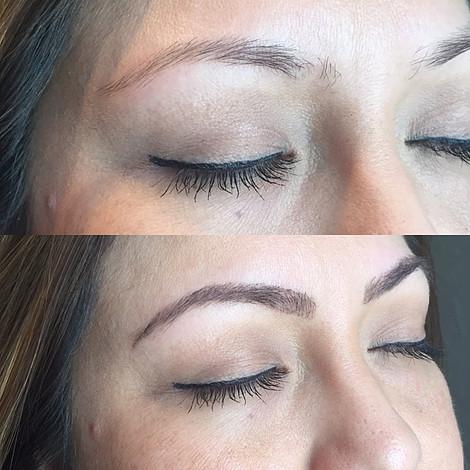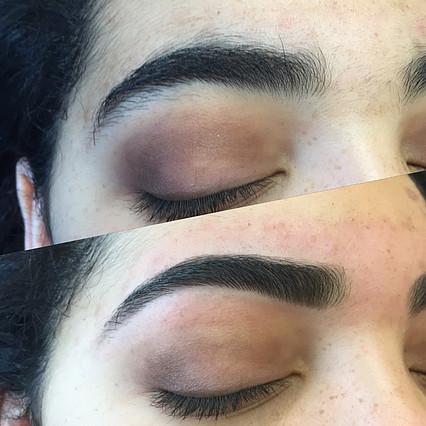To Buy Doxycycline Online Visit Our Pharmacy ↓

Understanding Acne: Causes and Triggers
Acne, a common skin concern, is primarily triggered by a mix of increased oil production, clogged pores, bacteria, and inflammation. Hormonal fluctuations during adolescence often set the stage for these issues, with androgens stimulating oil production. This often leaves individuals reaching for OTC solutions in a comp effort to manage breakouts. But those familiar with acne know that its causes aren't just skin deep. Stress and diet, while not direct causes, can exacerbate the condition, turning mild breakouts into persistent battles. The journey through this dermatological dilemma can sometimes feel like a pharmageddon, as countless treatments are tried and tested. Understanding these triggers helps pave the way to more effective management strategies, allowing individuals to combat acne from the root cause.
| Acne Trigger | Description |
|---|---|
| Hormones | Increase oil production, especially during adolescence |
| Clogged Pores | Due to excess oil, dead skin cells block pores |
| Bacteria | Propionibacterium acnes worsens inflammation |
| Diet | High-glycemic and dairy intake can exacerbate symptoms |
| Stress | Can trigger or worsen acne flare-ups |
What Is Doxycycline: a Brief Overview

Doxycycline is a widely used antibiotic known for its role in combating a variety of bacterial infections. As part of the tetracycline class, it's renowned not just for treating bronchitis and sinusitis, but also as a key player in acne treatment. When a doctor writes a script for doxycycline, it’s usually because it excels at reducing the number of pimple-causing bacteria and minimizing inflammation.
Imagine walking through Pharm Land, and you’ll likely hear discussions about this medication due to its critical place in therapy. Doxycycline is particularly valuable due to its effectiveness and the availability of generics, which make it an affordable option for many.
How Doxycycline Targets Acne at Its Source
Doxycycline acts like a targeted missile against acne, homing in on the bacteria lurking deep within skin pores. This antibiotic belongs to the class of medications known as tetracyclines, comped with properties that reduce inflammation and curb bacterial growth. By interfering with the ability of acne-causing bacteria to generate proteins, doxycycline diminishes their strength directly at the source. The script for this battle is simple: fewer active bacteria means less inflammation, leading to smoother, clearer skin and a happier you. Whether you retrieve your meds through a pharmacy’s drive-thru or a different method, doxycycline’s targeted action offers a compelling approach to tackling acne.
The Benefits of Using Doxycycline for Acne

Doxycycline has garnered attention for its effectiveness in tackling acne blemishes by fighting inflammation and bacterial growth. As an oral antibiotic, it's part of many dermatologists' toolbox for reducing acne and preventing breakouts. When a patient follows the prescribed Sig and takes their Script consistently, doxycycline works its magic by keeping Propionibacterium acnes, the bacteria partly responsible for the condition, at bay. This comp not only targets existing lesions but also helps avert future flare-ups. Considering diverse triggers for acne, such as hormones and genetics, doxycycline offers a universal approach, giving many users relief from the frustration of persistent acne.
Potential Side Effects and Considerations
Doxycycline, a commonly prescribed antibiotic for acne, can cause several side effects that patients should be aware of. Gastrointestinal issues, such as nausea or vomiting, are the most frequently reported. It's important to follow the sig on your script closely to minimize risks. Additionally, doxycycline can increase sensitivity to sunlight, so wearing sunscreen is advisable.
| Side Effect | Consideration |
|---|---|
| Gastrointestinal Discomfort | Follow sig to minimize effects |
| Sun Sensitivity | Use sunscreen diligently |
In some cases, this medication can alter the natural comp within the skin microbiota, sometimes leading to secondary infections like yeast overgrowth. Consulting with your white coat professional is crucial to manage these potential complications effectively. Monitoring your reaction to doxycycline can help you and your healthcare provider make informed decisions about your treatment plan.
Tips for Maximizing Doxycycline Effectiveness
To get the most out of your doxycycline script for acne, ensure adherence to the sig on your script—take the medication consistently as prescribed. Missing doses can lessen the drug's effectiveness, so try to incorporate taking your medication into daily routines. Additionally, avoid Pharm Parties, as sharing meds can alter your treatment outcomes or cause untoward side effects. Protect your skin from sun exposure, as doxycycline can increase sensitivity to UV light, so wearing sunscreen is vital. Finally, maintaining open communication with your physician can allow adjustments in dosage or administration if you experience side effects, ensuring a successful fight against acne.
Before & After
Testimonials
Read out what our customers say about our services.
Read Testimonials
Join Our VIP List
Great News!
Comming soon our new location in Fort Worth (Alliance area)
3529 Heritage Trace Parkway, Suite 163
Fort Worth, TX 76244
Sign up now to join our VIP list and receive coupons

